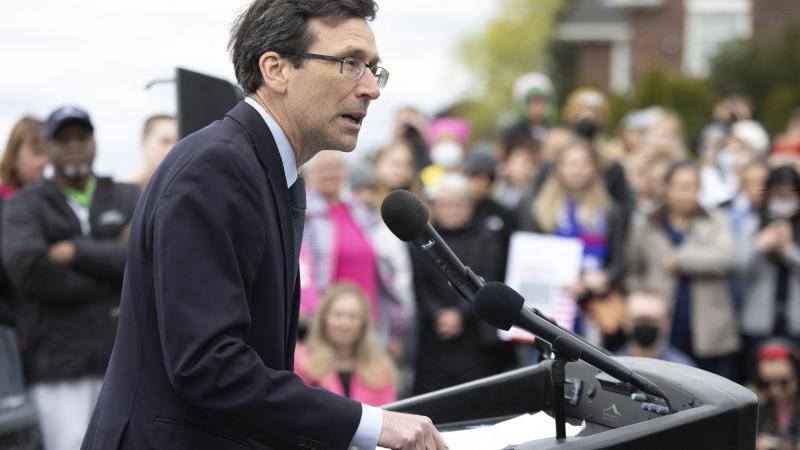Australian study: COVID-19 spreads in schools 'considerably less' than influenza
Children are 'not the primary drivers of COVID-19 spread in schools or in the community.'
A study out of Australia shows the spread of COVID-19 is not driven by children in educational environments, a finding expected to influence the ongoing debate about when to reopen schools in many Western countries.
Authorities in the United States, the European countries and other nations around the world began shutting down schools in February and March under the assumption that schoolhouses – packed full of children and usually hotspots of community virus transmission – would contribute to major coronavirus outbreaks. Many public officials, particularly in the U.S., have vowed to keep schools closed until the fall and possibly beyond.
Yet health authorities are beginning to question that approach to pandemic mitigation.
Soumya Swaminathan, the chief scientist at the World Health Organization, said last week that "children don't seem to be getting severely ill from this infection," that there "have not been big outbreaks in schools" where they have remained open, and that it sees "children are less capable of spreading" the virus.
The study out of Australia, released last month by the National Centre for Immunisation Research and Surveillance, found that "SARS-CoV-2 transmission in children in schools appears considerably less than seen for other respiratory viruses, such as influenza."
The study determined that, out of hundreds of "close contacts" that were in proximity to numerous positive COVID-19 patients in a school environment, only a scant number contracted the disease there.
"In contrast to influenza, data from both virus and antibody testing to date suggest that children are not the primary drivers of COVID-19 spread in schools or in the community," the researchers said.
"This is consistent with data from international studies showing low rates of disease in children and suggesting limited spread among children and from children to adults," they also said.
The researchers do note that, in mid-March, the government advised parents to keep their children at home for online learning even as schools remained open. Following that advice, "face-to-face attendance in schools decreased significantly and this may have impacted the results of this investigation." School holidays in early April may have also affected the results.
Children in Australia began to return to school earlier this month as part of a staggered re-opening plan.















